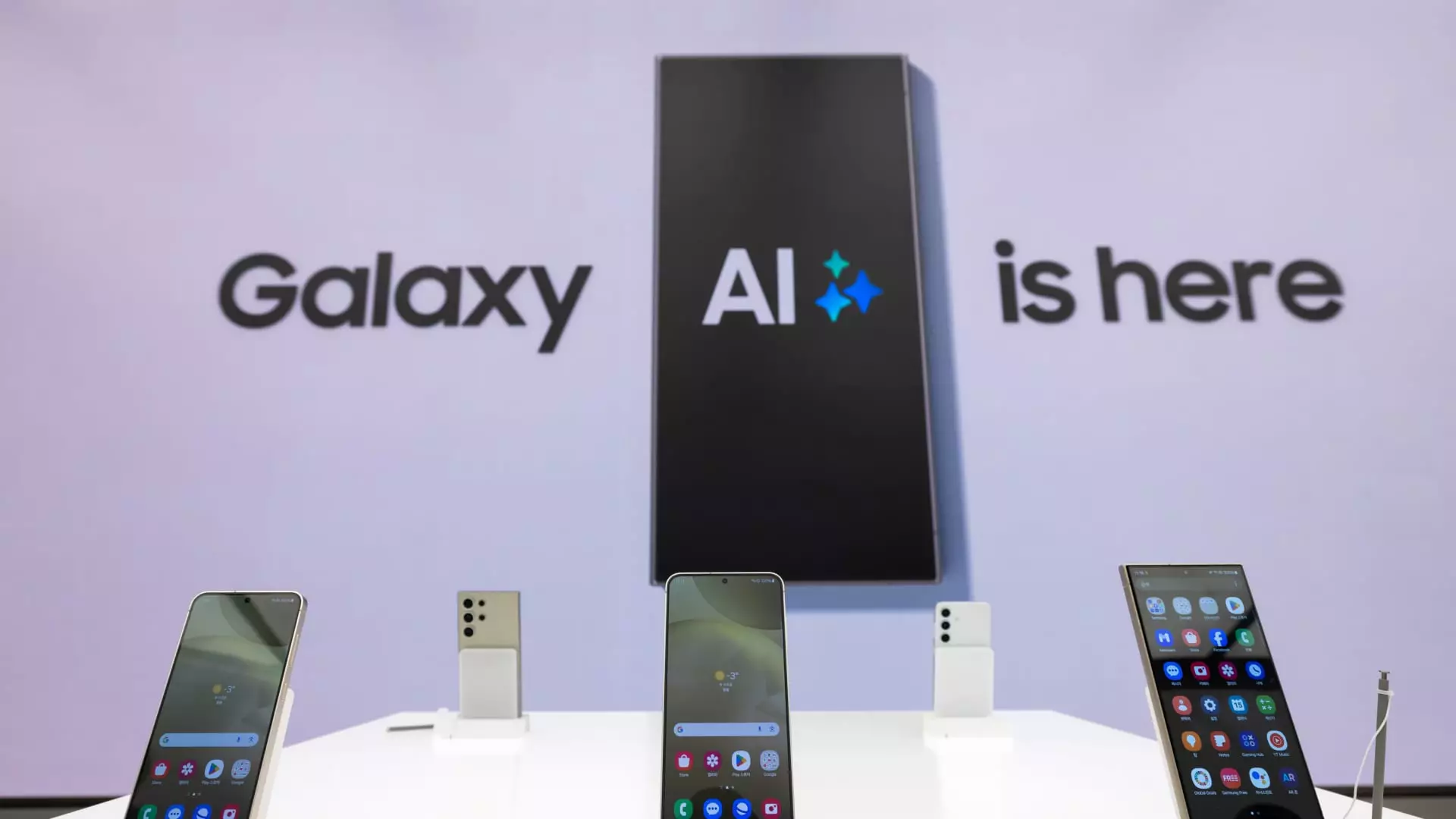Samsung’s ambitious plans to integrate generative artificial intelligence technology with its voice assistant, Bixby, demonstrate the company’s commitment to staying ahead in the competitive tech industry. Since the launch of Bixby in 2017, Samsung has continuously sought ways to enhance the functionalities and capabilities of its voice assistant to provide a more immersive and intuitive user experience. As the landscape of AI technology evolves, Samsung recognizes the importance of adapting and incorporating cutting-edge features to meet the changing demands of consumers.
Generative AI, exemplified by advanced chatbots like OpenAI’s ChatGPT, has revolutionized the way users interact with AI-powered systems. Unlike traditional voice assistants that rely on predefined responses to specific questions, generative AI enables a more natural and dynamic conversation experience. By prompting the AI with a query, users can expect personalized and contextually relevant responses in various forms, including text, images, and even videos. Samsung aims to leverage generative AI technology to empower Bixby with the ability to engage in more sophisticated interactions and provide customized solutions to users across its range of devices.
Samsung’s Executive Vice President, Won-joon Choi, envisions a future where Bixby becomes a smarter and more intuitive voice assistant through the integration of generative AI and large language models (LLM). By incorporating these advanced technologies, Samsung aims to redefine Bixby’s role within its ecosystem of devices, enabling seamless integration and enhanced user interfaces. The ultimate goal is to facilitate natural conversations between users and their Samsung products, fostering a deeper level of interaction and engagement.
While Samsung is actively pursuing the integration of generative AI technology into Bixby, the road ahead is not without its challenges. Developing and implementing such advanced AI features requires extensive research, testing, and refinement to ensure a seamless user experience. Additionally, the competitive landscape in the tech industry means that Samsung must stay vigilant and innovative to maintain its position as a leader in AI-powered devices. However, the opportunities presented by generative AI far outweigh the challenges, as Samsung stands to revolutionize the way users interact with their devices and access information.
As Samsung continues to invest in AI technology and explore new possibilities for Bixby, the company remains committed to delivering cutting-edge solutions that enhance the overall user experience. By embracing generative AI and large language models, Samsung is poised to revolutionize the capabilities of Bixby and empower users with a more intuitive and interactive voice assistant. The future holds exciting prospects for Samsung and Bixby’s evolution, as the company strives to redefine the boundaries of AI technology and create a more connected and intelligent ecosystem of devices.


Leave a Reply